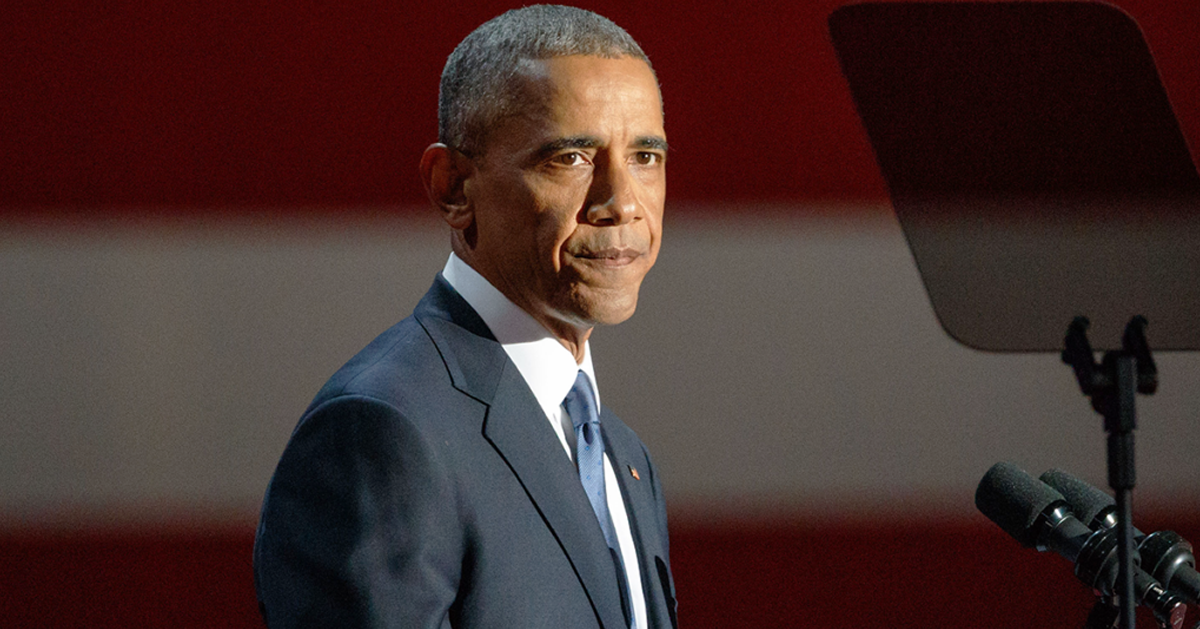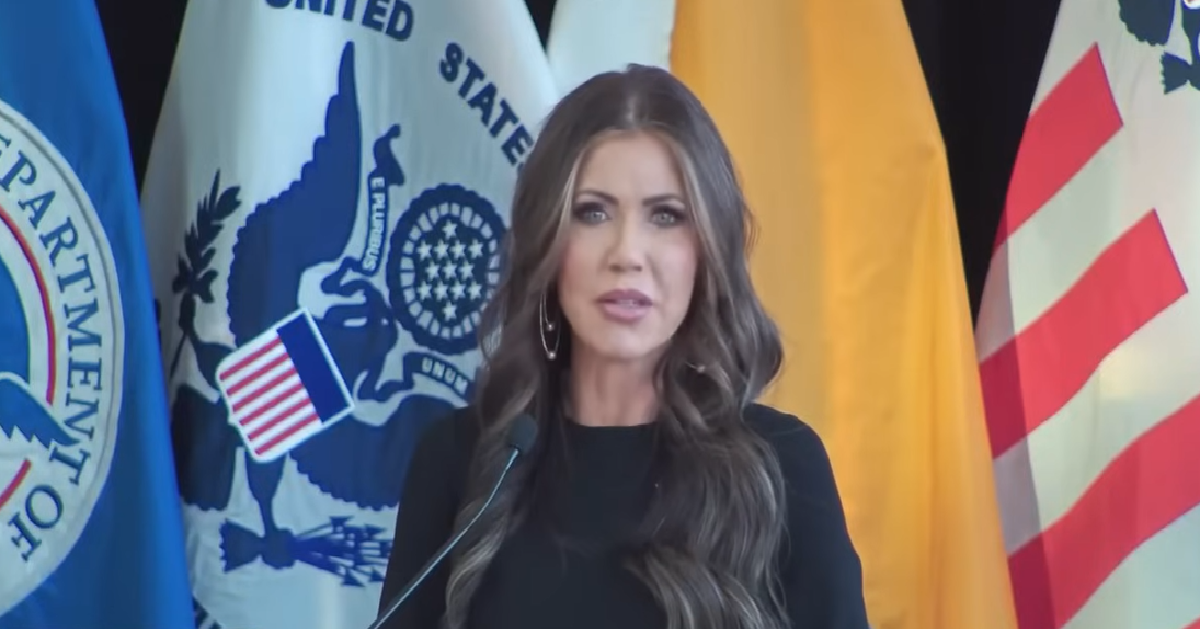Provision of budget bill limits ability of federal courts to punish executive branch
Last week saw the House of Representatives vote along partisan lines to pass President Donald Trump's 1,000-page-long budget bill.
While many observers have focused on the bill's fiscal elements, it also contains a provision which could blindside the Supreme court.
Bill requires those challenging the government to post a bond
According to Newsweek, the legislation limits the ability of federal courts to punish the executive branch for defying their orders.
"No court of the United States may use appropriated funds to enforce a contempt citation for failure to comply with an injunction or temporary restraining order if no security was given when the injunction or order was issued," it reads.
Newsweek noted that the rule means those seeking to challenge actions by the Trump administration would have to post a bond, "something that rarely happens when someone sues the government."
Erwin Chemerinsky serves as dean at the University of California Berkeley School of Law, and he told Newsweek that the provision "serves no purpose but to weaken the power of the federal courts."
Legal expert warns that rulings will become "mere advisory opinions"
He argued that it "would make most existing injunctions—in antitrust cases, police reform cases, school desegregation cases, and others—unenforceable."
Chemerinsky elaborated on that idea in an article he wrote for the website Just Security, stating, "The Supreme Court has long recognized that the contempt power is integral to the authority of the federal courts."
"Without the ability to enforce judicial orders, they are rendered mere advisory opinions which parties are free to disregard," he argued.
Chemerinsky stressed that "those who are restraining unconstitutional federal, state, or local government actions" often "do not have the resources to post a bond, and insisting on it would immunize unconstitutional government conduct from judicial review."
House Ways and Means Committee highlights need to stop frivolous lawsuits
The legal scholar went on to maintain that "[w]ithout the contempt power, judicial orders are meaningless and can be ignored."
"There is no way to understand this except as a way to keep the Trump administration from being restrained when it violates the Constitution or otherwise breaks the law," he insisted.
For its part, a spokesperson for the House Ways and Means Committee told CNN that the bond requirement is necessary to prevent frivolous lawsuits.
"This provision is strictly about stopping frivolous lawsuits by requiring plaintiffs to post a bond prior to filing for a TRO or preliminary injunction as required by Federal Rule of Civil Procedure 65," spokesperson Russell Dye said.





